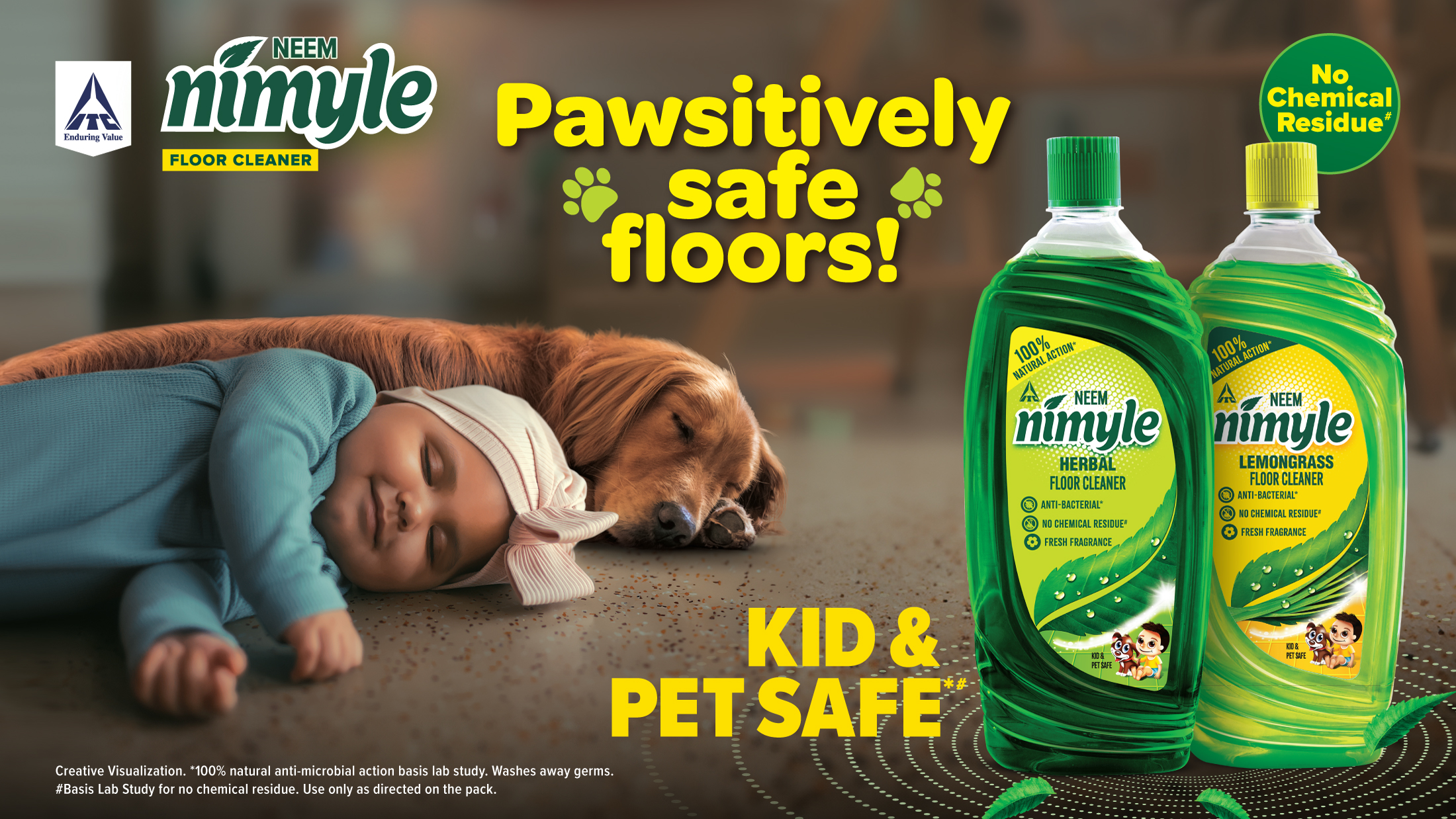Planning an outing for your dog? These precautions are a must
The increasing number of dog shows, pet events and doggy pool parties are a great opportunity for dogs and dog lovers to socialize and have fun together. While these events ensure the growth of confidence and camaraderie in dogs, there are a number of viral conditions and infections that may arise and need to be taken care of. The most common and contagious of these is kennel cough.
Causes and symptoms of kennel cough
The most important cause of kennel cough is exposure to other dogs. This can occur most frequently at pet events, kennels, dog parks, animal shelters and hospitals. Kennel cough is transmitted when dogs inhale bacteria or virus particles produced by a sneezing/coughing dog, or when contaminated objects are shared. Even recovered dogs can have the virus for 3 to 4 months. Other causes of kennel cough include exposure to dust, cigarette smoke, cold temperature and stressful situations like travel.
The symptoms of kennel cough are dry, harsh, persistent coughing, sometimes accompanied by sneezing, runny nose or eye discharge as well. In more severe cases, fever, lethargy and pneumonia are also seen. Young puppies, older dogs and pregnant females are at an increased risk due to lower immunity levels.

Kennel cough vaccine
Intranasal vaccines are the most effective and provide immunity faster than oral or injections. These vaccines are generally given once or twice a year and take about 10 to 14 days for partial immunity to develop. These can sometimes also have mild side effects like coughing and sneezing. It is therefore recommended that intranasal vaccines be given at least 72 hours prior to dog shows, events or any exposure to other dogs. Kennel cough vaccines do not guarantee protection against this infection but help lessen the harsh effects of it.

Treatment and prevention
Similar to common cold in humans, kennel cough is generally not a serious condition, and most dogs do not require treatment to recover from it. However one can shorten the length and severity of the symptoms in the following ways:
1. Administering antibiotics and cough medicines that target Bordetella bacteria
2. Using a harness instead of a collar, to avoid any strain on the throat
3. Keeping your dog in a well humidified area
4. Natural home remedies such as honey, garlic, Vitamin C and herbal tea can be given to ease the discomfort of coughing
The best way of preventing kennel cough is to maintain good ventilation and hygiene. Air purifiers should be installed wherever possible, and bowls, tables, kennels and other things used by dogs should be regularly sterilized and disinfected.



.jpg)
.png)

.jpg)

.jpg)
.png)


Post a comment